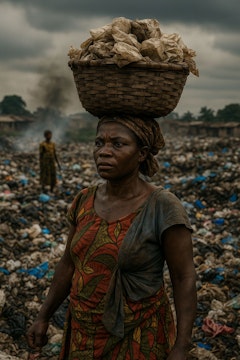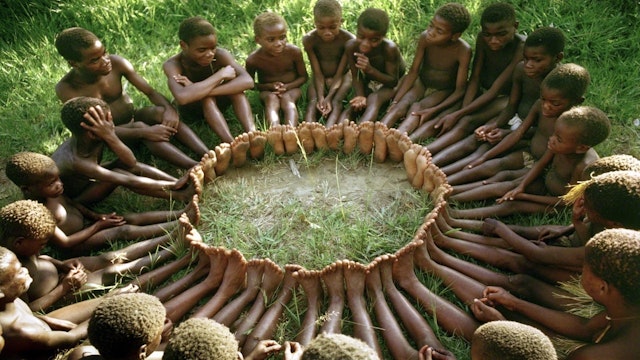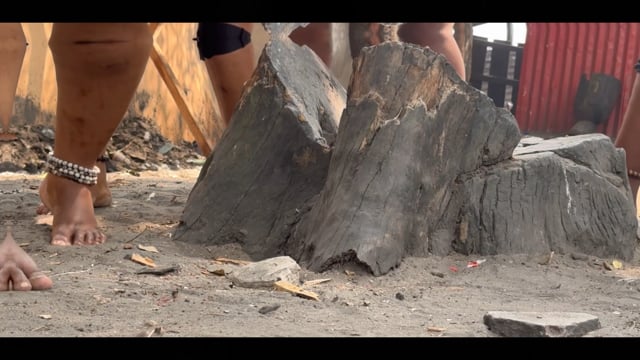A Vital Commitment
Women are committed to protecting the environment in the Democratic Republic of Congo
Women are committed to protecting the environment in the Democratic Republic of Congo
In the Democratic Republic of the Congo, a group of courageous women stands at the forefront of the fight for environmental protection and sustainable management of natural resources. These women, often overlooked in traditional discourse, are essential actors in preserving their local ecosystem. Their commitment goes far beyond individual actions; it is part of a collective movement aimed at ensuring that no one is left behind in this quest for sustainability.
These women, who live at the heart of environmental challenges, face daily issues such as pollution and deforestation. They take significant initiatives to counter these threats. For example, they play a crucial role in waste management, handling the collection and sorting of garbage, which places them at the center of efforts to combat pollution. Their work is often unrecognized, but it is fundamental to the health of their communities and their environment.
In terms of biodiversity preservation, these women actively engage in prohibiting excessive hunting and promoting sustainable agricultural practices. They are aware that protecting local wildlife and flora is essential for maintaining ecological balance. By adopting environmentally friendly methods, such as using improved stoves to reduce charcoal consumption, they contribute to a green economy that benefits both their community and the planet.
Awareness-raising is also a major focus of their commitment. These women take the time to educate their communities, especially the youth, about the importance of nature protection. They pass on vital knowledge that helps forge a collective environmental consciousness, essential for future generations.
However, for this commitment to be fully effective, it is crucial to strengthen women's access to education and economic empowerment. By providing them with training and funding opportunities, they can develop their skills in environmental management and increase their impact. Furthermore, it is imperative to improve the legal framework to ensure their rights and active participation in environmental decision-making processes.
In conclusion, the women of the DRC are indispensable pillars in the fight for environmental protection. Their commitment, supported by appropriate policies and recognition of their role, is essential for preserving the country’s natural resources. By uniting their voices and efforts, they pave the way towards a sustainable future, where every community member can thrive without compromising the integrity of their environment. It is by celebrating and supporting these women that we can hope for true and lasting change.












